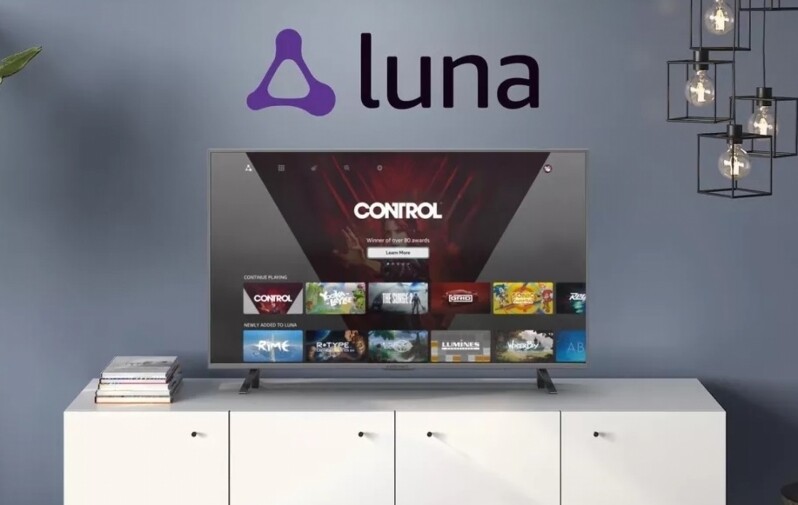Amazon announces cloud gaming platform Luna. It gets around App Store rules. For now
Amazon revealed a new cloud gaming platform called Luna. It will initially be available on PC, Mac, Fire TV, and iPhone and iPad, with an Android version arriving later.
Over 100 games will be available on the service for an “introductory price” of $5.99 a month during early access. The lineup of games includes Resident Evil 7, Control, Panzer Dragoon, A Plague Tale: Innocence, The Surge 2, Yooka-Laylee, GRID, Abzu, and Brothers: A Tale of Two Sons.
Perhaps, the most exciting thing about Luna is how it managed to find its way to Apple’s devices. Even though Apple seemingly relaxed its stance on cloud gaming, Microsoft xCloud, Google Stadia and Nvidia GeForce Now are unable to exist on iOS in their current form. How did Luna do it?
The answer is tha Luna is no app. It’s a progressive web application (PWA), a browser-based program that only looks like a native iOS app.
Users will be able to download the PWA from the Luna website using a browser, and the resulting icon will link to Amazon’s cloud gaming portal.
As a PWA, Luna doesn’t have to appear on the App Store, thus circumventing Apple’s App Store rules including its 30% cut.
Strictly speaking, it doesn’t even break the updated version of Apple’s rules.
Streaming games are permitted so long as they adhere to all guidelines — for example, each game update must be submitted for review, developers must provide appropriate metadata for search, games must use in-app purchase to unlock features or functionality, etc. Of course, there is always the open Internet and web browser apps to reach all users outside of the App Store.
We are yet to see if other cloud gaming services will follow suit. What seems like an elegant solutions might still be impractical in the long term. Epic has famously attempted to run a separate Fortnite launcher outside of Google Play, but ultimately had to launch the title on Google’s app store as a result of multiple roadblocks it faced from Google. Apple is clearly no less protective of its ecosystem. It’s even possible that after early acces, Luna might graduate from a PWA to a native app on iOS.
